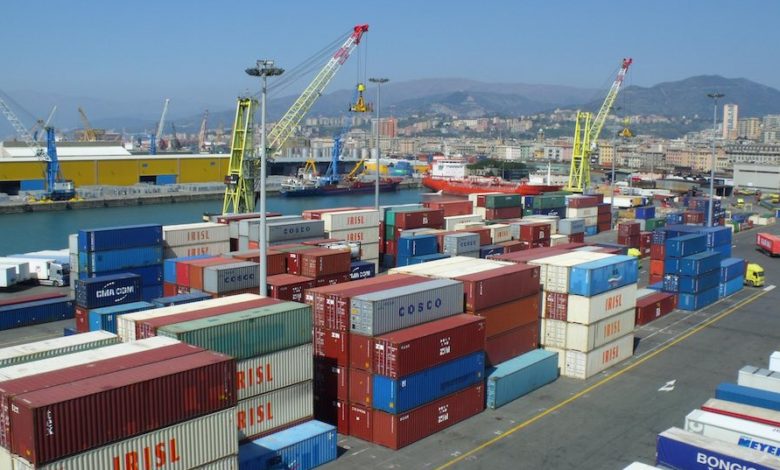Hard-hit Italian owners seek 18-month standstill agreements with banks

Italy’s death toll surpassed China’s on Thursday and the national lockdown will have to be extended beyond the current end-date of April 3, prime minister Giuseppe Conte said. Under the lockdown rules, people can only leave their homes to get food or medicines, or to perform other essential services or to go to work.
The government launched a €25bn programme called ‘Cura Italia’ with some specific measures tu support enterprises and workers. Conte shut down all forms of business except for pharmacies and grocery stores starting on March 12. A variety of taxes and salary withholdings are being suspended for sectors most affected by the crisis including logistics and transport.
In Italy port terminals and service providers are trying to keep supply chains moving despite growing constraints on logistics due to measures imposed to slow the spread of the coronavirus. While the restrictions on the local market have not had a severe impact, a group of European transport and logistics associations wrote in an open letter that the measures were causing significant effects on logistics and the economy. Groups that signed the open letter represented a wide range of sectors, including rail freight, cargo owners, road transport, container terminals, and ports.
“The coronavirus phenomenon is currently particularly critical in Italy, but is expanding throughout Europe,” the organisations noted in the letter. “The Italian economy is closely linked to the markets of Central and Northern Europe. If the flows of goods do not work, there is a risk of the collapse of the entire economy”.
Lars Jensen, CEO of Sea-Intelligence Maritime Consulting, posted on LinkedIn: “In Italy the ports are allowed to continue to work and truck drivers can still operate. Also, many functions in a shipping company can be performed online. However, there are many more elements to a supply chain, such as customs inspections, stuffing and stripping, as well as documentation and financing, just to mention a few.”
Jensen underlined that the increase of the number of people in quarantine leaves companies short-staffed, slowing down all such work processes. Hence, even if the container is delivered to port, there is no guarantee it will be picked up, emptied, and redelivered in a timely fashion. The expected net effect in Europe over the coming weeks will be a slowdown in the turnaround speed of containers.
To date only cruises and ferries have stopped working in Italy.
Paolo Emilio Signorini, chairman of the ports of Genoa and Savona, announced that the latest statistics released point to an increase in the container volumes handled in the first two months of 2020 compared to the corresponding period of the previous year. However, forecasts for March and April indicate an overall sharp decline in trade, estimated at -20%.
On the liquid bulk shipping side, S&P Global Platts this week reported that some shipowners in the Mediterranean clean tanker market “are hardening their stance on loading oil products in Italy, declining to pick up cargoes from the country’s ports in fear of enduring a quarantine period amid the coronavirus outbreak. So far, few known quarantines have been placed on vessels leaving Italy, with Novorossiisk the only port that has said it will not accept vessels that have just discharged in Italy for a quarantine period of 14 days”.
The Italian shipowners’ association, Confitarma, presented this week a long list of requests to the national government and the transport ministry dedicated to the shipping companies thus making possible for them to overcome the emergency.
Among them there are measures aimed at reducing cost of calls for roro ships deployed on the so-called motorways of the seas in Italy and also for the terminal operators. Confitarma also would like to see bankruptcy and restructuring procedures suspended, asking also for some kind of standstill agreement for 18 months on all the financial exposures with the banks.
